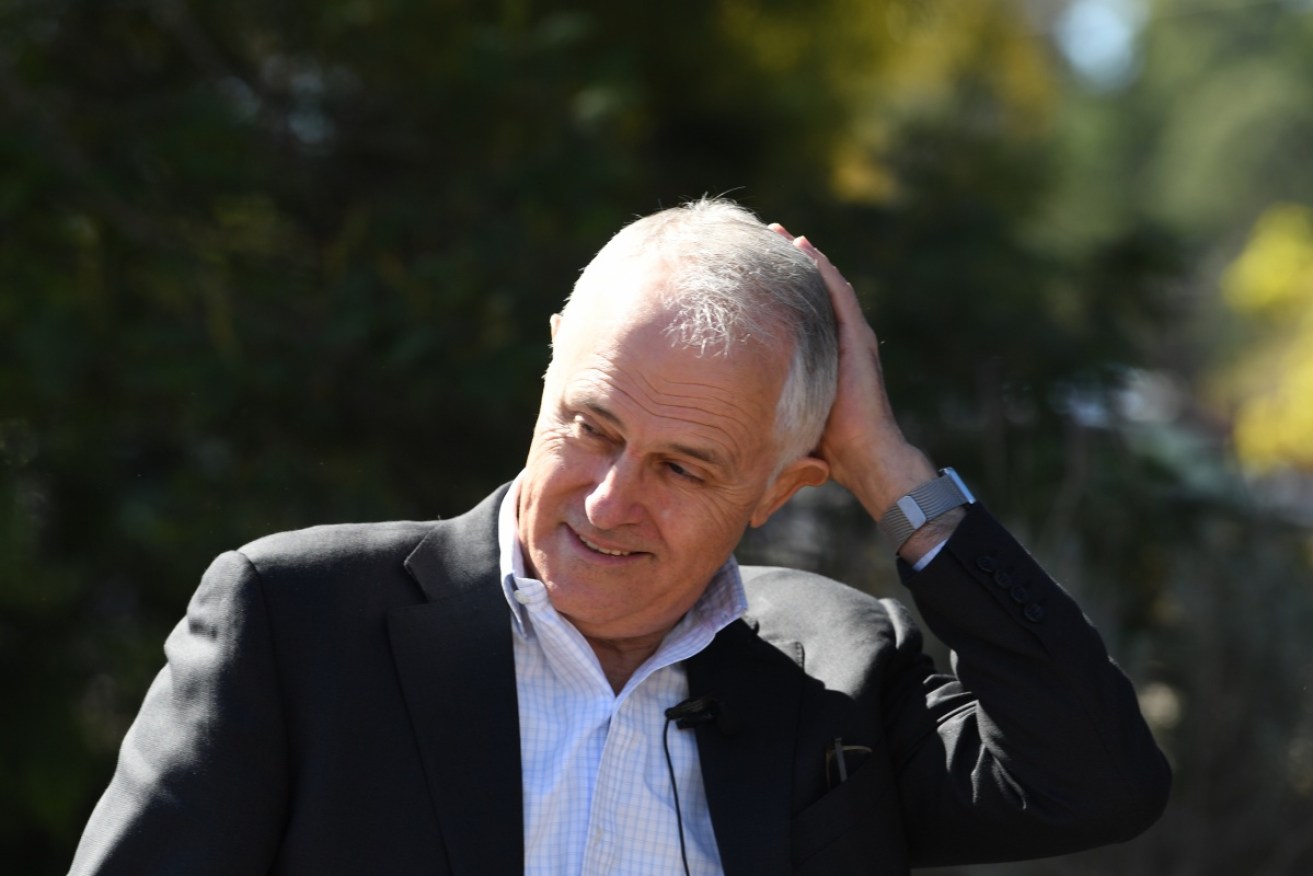Nuclear threat fails to distract from Malcolm Turnbull’s woes


Israel's 'Right to Return' policy could present problems for Australian MPs with Jewish heritage. Photo: AAP
Anxiety over the latest provocation of North Korea wasn’t enough to give the Prime Minister the sort of political cover he so desperately seeks.
On the morning of the 19th consecutive Newspoll where the government trailed Labor – the seventh where the margin was by six points or more – Malcolm Turnbull went into war-time leader mode.
No one could or would dispute his assessment that the risk of war on the Korean peninsula is greater than it has been for 60 years.
Nor did anyone disagree with his view that conflict, especially if a nuclear bomb is the trigger, would be a disaster for the region and the world.
Indeed, Labor’s Bill Shorten told the House “whatever disagreements might colour the next hour or so”, on the issue of Kim Jong-un’s potentially catastrophic belligerence, “the Parliament is of one mind”.
He condemned the testing and the brutal regime.
Earlier on radio, Mr Turnbull tried to pre-empt Labor’s foreshadowed continuing pursuit of the legitimacy of the government’s one-seat majority. He suggested this opposition approach was improper or at the very least poorly skewed priorities.
In Question Time the Prime Minister seemed disappointed that Labor hadn’t resorted to disruption and mayhem, let alone a walkout as the media was speculating. He claimed this was threatened by Mr Shorten’s deputy Tanya Plibersek.
Instead, she went straight to the vulnerability of Barnaby Joyce remaining an active cabinet minister while his status was in doubt. She asked why the government was “knowingly putting at risk every ministerial decision and every ministerial action” taken by Mr Joyce and his cabinet colleague Fiona Nash.
Mr Turnbull did not answer it – despite himself harbouring the same concerns when the first Nationals cabinet minister Matt Canavan was asked to stand aside, when his dual citizenship was raised.

Deputy Prime Minister Barnaby Joyce’s vote in the House was the crucial one. Photo: AAP
Instead, he says the government has “very, very strong legal advice” that the three ministers will be found eligible by the High Court.
Tellingly, Mr Joyce had to vote to save himself from the Parliament demanding he stand aside.
The crossbench voted with the opposition. Mr Turnbull’s indignant claims that this should all be left to the High Court and Labor should concentrate on issues that really worry people is a stretch.
What could worry people more than the legitimacy of the country’s government and parliament?
A sure indication that the Prime Minister knows he’s on thin ice was his taking a cue from his would-be nemesis, Tony Abbott, to hit back at Mr Shorten.
Mr Abbott began the day calling the TV channels to a doorstop. The former PM, who withheld his own renunciation of British citizenship papers for 14 years, demanded that the Labor leader “show us or shut up” targeting Mr Joyce.
Mr Turnbull proclaimed people couldn’t trust Mr Shorten and he had failed the test by not producing his papers.
It was a big call for a Prime Minister who for the second Newspoll running shares deep disapproval with Mr Shorten. Both are 20 points in the negative for approval of their performance.
The strength of the government’s legal advice will be tested on Tuesday and Wednesday when the High Court begins hearing two challenges to the voluntary postal survey on same-sex marriage.
At issue is the allocation of $122 million from a special account of the Finance Minister to fund the survey.
Leader of the House Christopher Pyne refused to say what the government would do if the survey is struck down.
A coalition civil war would not be an inappropriate analogy.
Paul Bongiorno AM is a veteran of the Canberra Press Gallery, with 40 years’ experience covering Australian politics. He tweets at @PaulBongiorno








